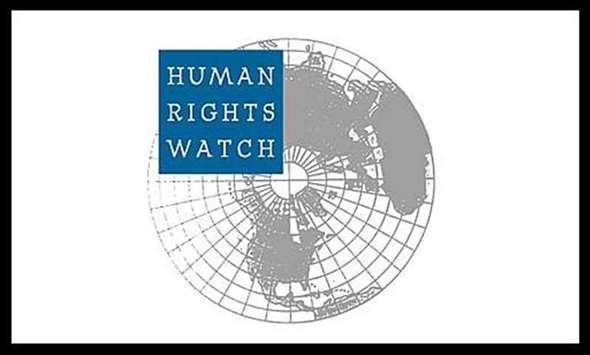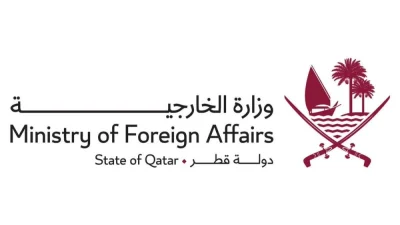Human Rights Watch (HRW) is an America-based international non-governmental organisation that conducts research and advocacy on human rights.
In a report published on its website on July 12, the HRW said that Qatar’s isolation by the Saudi-led bloc is infringing on the right to free expression, separating families, interrupting medical care – in one case forcing a child to miss a scheduled brain surgery, and disrupting education. Travel to and from Qatar is restricted, and the land border with Saudi Arabia is closed.
On June 5, 2017, Saudi Arabia, Bahrain, and the UAE cut off diplomatic relations with Qatar and ordered the expulsion of Qatari citizens and the return of their citizens from Qatar within 14 days. The three countries applied the travel restrictions suddenly, collectively, and without taking individual situations into account.
“Gulf leaders’ political disputes are violating the rights of peaceful Gulf residents who were living their lives and caring for their families,” said Sarah Leah Whitson, Middle East director at HRW . “Hundreds of Saudis, Bahrainis, and Emiratis have been forced into the impossible situation of either disregarding their countries’ orders or leaving behind their families and jobs.”
HRW researchers interviewed and documented the cases of 50 citizens of Qatar, Bahrain, and Saudi Arabia, as well as 70 foreign migrant workers living in Qatar. More than 11,327 Gulf nationals were living in Qatar and nearly 1,927 Qataris in other Gulf countries, Qatar’s national human rights body reported on July 1.
Gulf nationals told HRW that parents had been forcibly separated from their young children and husbands from their wives, and that family members were prevented from visiting sick or elderly parents. Qatari media reported that family members of a Saudi man who died in Qatar on June 8 could not enter to retrieve his body, and authorities eventually buried him in Qatar.
Article 26 of the Arab Charter on Human Rights, which Saudi Arabia, Bahrain, and the UAE have ratified, prohibits arbitrary expulsion of foreigners and any collective expulsion.
Some Gulf states have threatened citizens who remain in Qatar with specific punishments. Saudi Arabia’s General Directorate of Passports placed Qatar on its list of countries to which Saudi citizens are not allowed to travel under penalty of a three-year travel ban and a fine of 10,000 Saudi Riyals (US$2,600).
On June 13, Bahrain’s Interior Ministry issued an order stating that “anyone who violates the ban … shall have his personal passport withdrawn and his request to renew it shall be denied.”
On June 12, in response to reports of family separations, Saudi Arabia, Bahrain, and the UAE announced that they would grant exceptions for “humanitarian cases of mixed families” for travel back and forth from Qatar and each country established hotlines. Yet, of the 12 Gulf nationals who said they tried to contact these hotlines, only two managed to get permission to go back and forth. Others said that they did not call because they were worried that the three countries would use the hotlines to discover the identities of citizens who remained in Qatar.
Other Gulf nationals said that the travel restrictions had interrupted ongoing medical treatment or studies.



